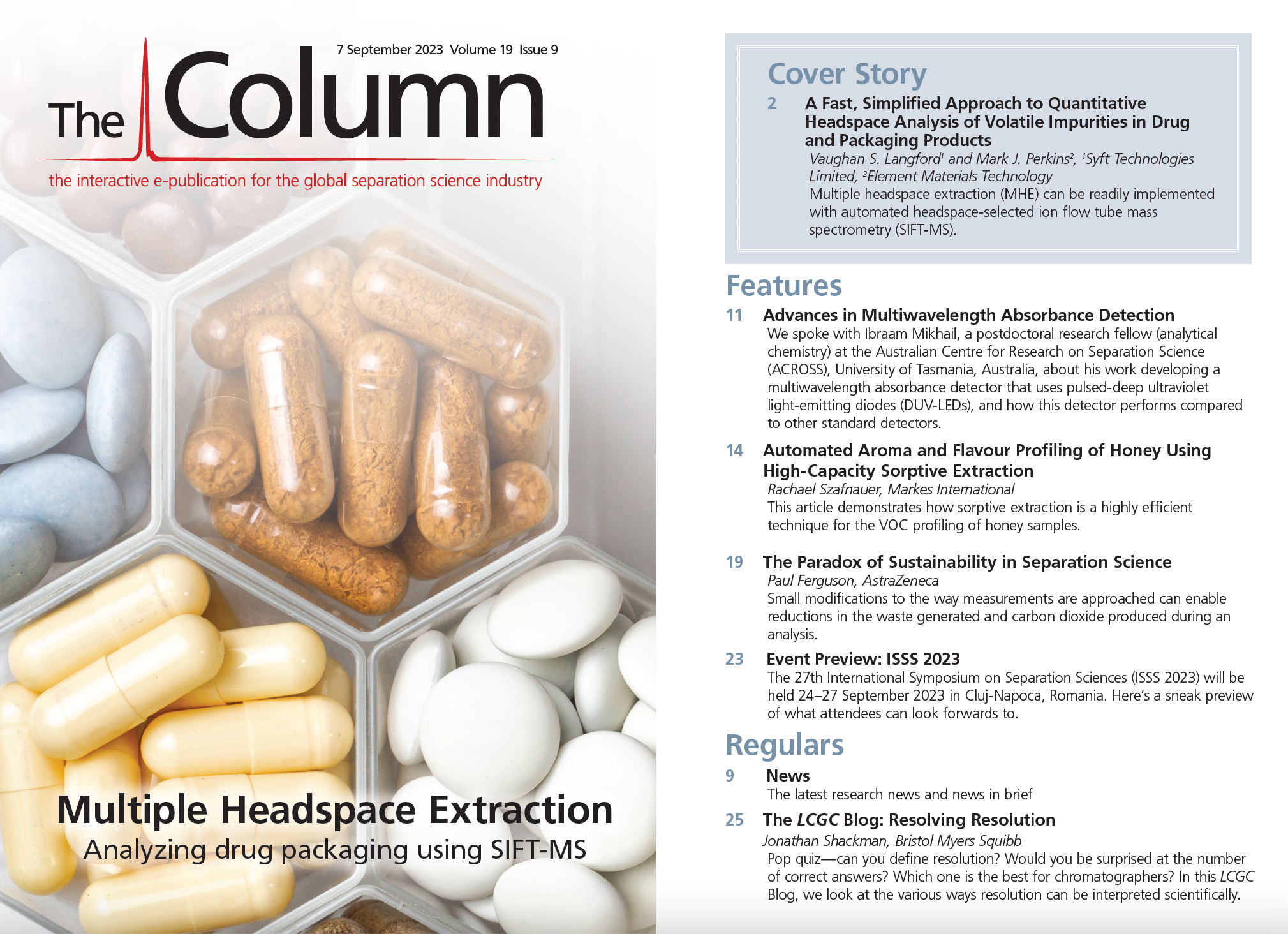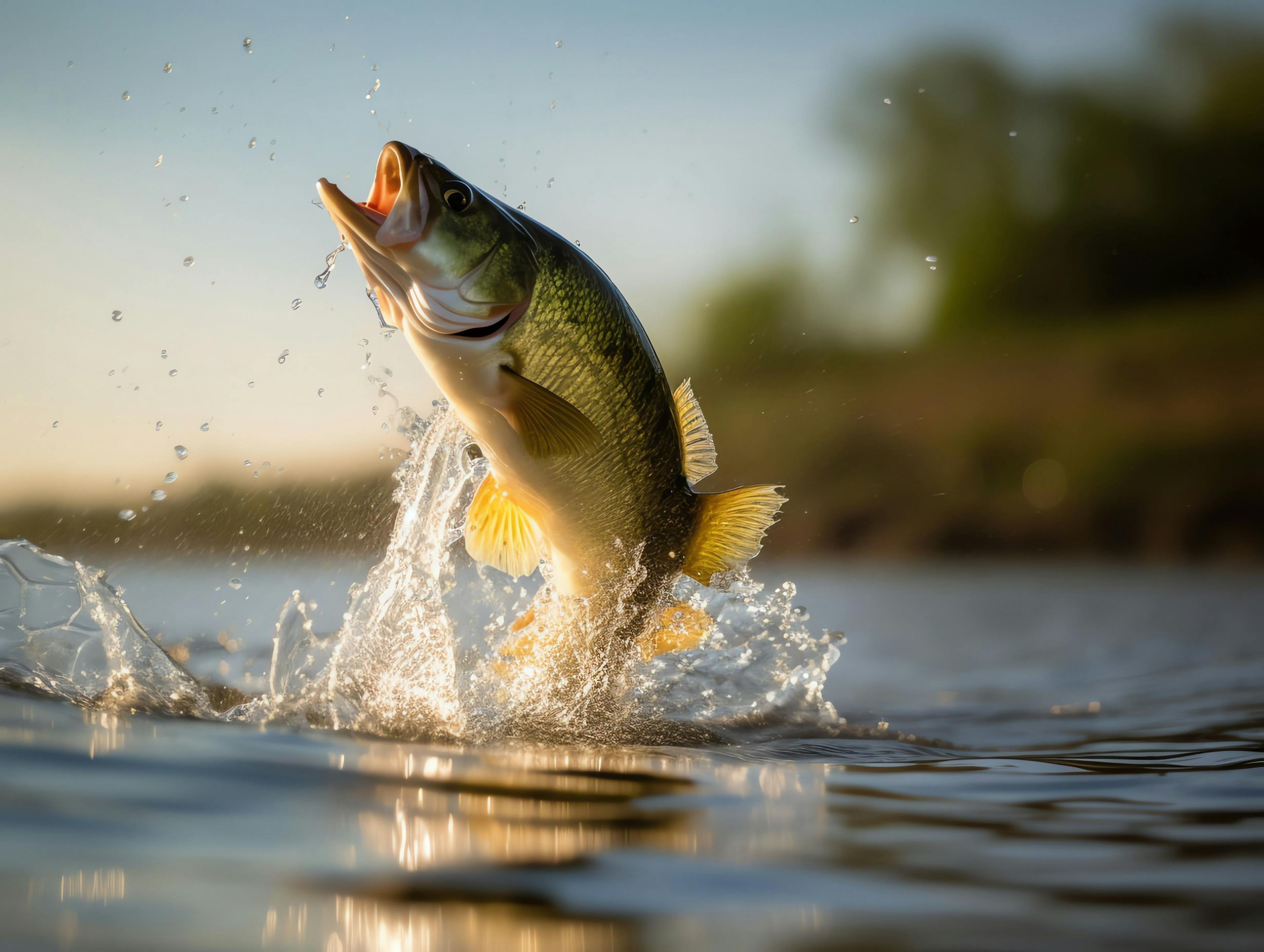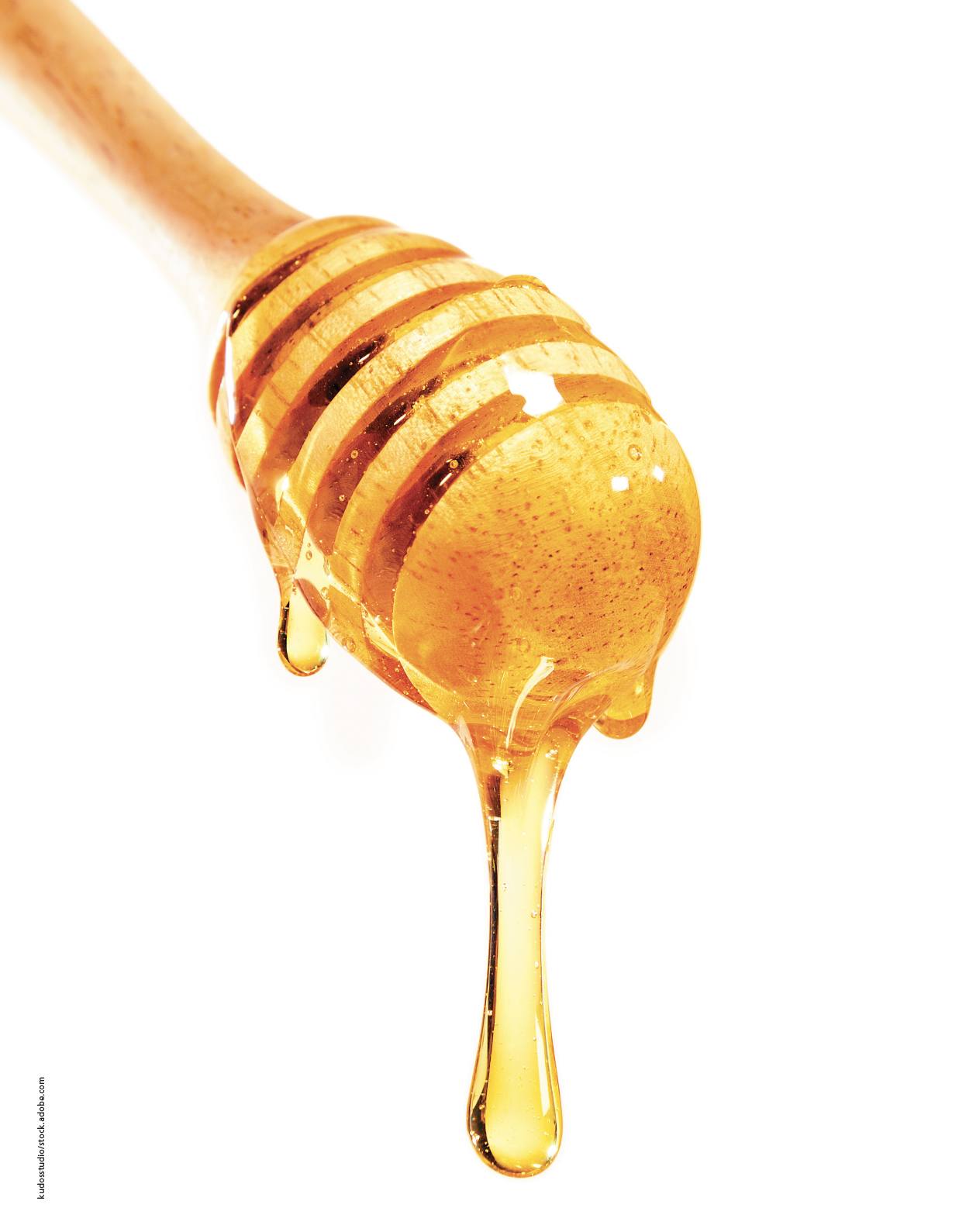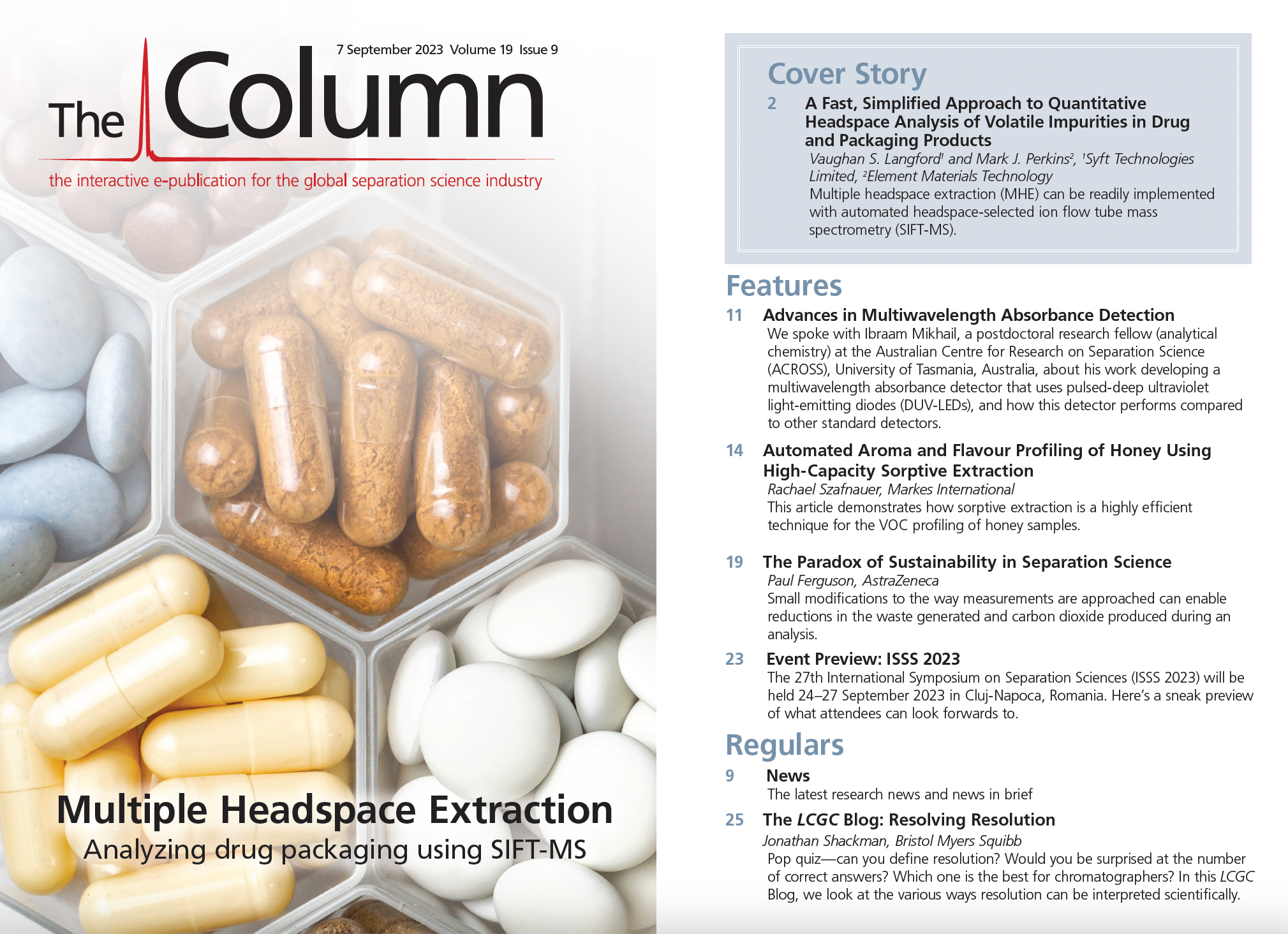Event Preview: ISSS 2023
The 27th International Symposium on Separation Sciences (ISSS 2023) will be held 24–27 September 2023 in Cluj-Napoca, Romania. Here’s a sneak preview of what attendees can look forwards to.
The 27th International Symposium on Separation Sciences (ISSS 2023) will be held 24–27 September 2023 in Cluj-Napoca, Romania, and will be focused on fundamental and practical aspects of separation and detection methods, as well as hyphenated, multidimensional, and miniaturized techniques applied for analytical, preparative, and industrial purposes.
Avram Iancu Square,Cluj-Napoca,Romania | Image Credit: © davidionut - stock.adobe.com

ISSS symposia are itinerant scientific meetings organized annually, in turn, by each of the 11 member countries of the Central European Group for Separation Sciences, namely in membership order: Croatia (1998), Slovenia (1998), Slovakia (1998), Hungary (1998), Czech Republic (1999), Austria (2000), Italy (2000), Poland (2000), Ukraine (2007), Romania (2008), and Serbia (2019).
This year, for the second time, the ISSS symposium is organized in Cluj-Napoca by the Separation Sciences’ Section of the Romanian Chemical Society, under its auspices as well as those of the Central European Group for Separation Sciences, the European Society for Separation Science, the Babeș-Bolyai University, and the Romanian Ministry of Research, Innovation, and Digitization.
The scientific programme includes plenary (7) and keynote (20) lectures by invited speakers and recognized scientists, as well as numerous oral, flash, and poster presentations by participants working in the field of separation sciences, senior scientists, young researchers, PhD students, and others.
Topics cover the fields of gas chromatography (GC), liquid chromatography (LC), thin-layer chromatography (TLC), ion chromatography (IC), supercritical fluid chromatography (SFC), capillary electrophoresis (CE), electromigration techniques, hyphenated techniques, multidimensional separations, miniaturized separation techniques, sample preparation techniques, environmental analysis, food analysis, pharmaceutical analysis, clinical analysis, forensic analysis, natural product analysis, industrial analysis, chemometrics, and more.
ISSS promotes separation sciences among the younger generation by providing opportunities to become valuable scientists in this interdisciplinary field. The best posters presented by the young generation will be awarded after the decision of an international jury.
An exhibition of equipment, columns, accessories, chemicals, and literature on various separation techniques will be organized, as well as demonstration exhibitions.
On Sunday 24 September the opening ceremony will take place, followed by the plenary lectures of the laureates Peter J. Schoenmakers, professor at Van’t Hoff Institute for Molecular Sciences, University of Amsterdam, and Irena Vovk, senior scientist at the Laboratory of Food Analysis, National Institute of Chemistry, Ljubljana, who is also nominated for the European Tswett-Nernst Award.
An attractive social programme will be offered to the participants to help them discover the beautiful spirit of Cluj-Napoca. Known as the Treasure City, it is the unofficial capital of Transylvania, famous for its economic, artistic, and cultural values accumulated throughout history.

New Study Reviews Chromatography Methods for Flavonoid Analysis
April 21st 2025Flavonoids are widely used metabolites that carry out various functions in different industries, such as food and cosmetics. Detecting, separating, and quantifying them in fruit species can be a complicated process.
Analytical Challenges in Measuring Migration from Food Contact Materials
November 2nd 2015Food contact materials contain low molecular weight additives and processing aids which can migrate into foods leading to trace levels of contamination. Food safety is ensured through regulations, comprising compositional controls and migration limits, which present a significant analytical challenge to the food industry to ensure compliance and demonstrate due diligence. Of the various analytical approaches, LC-MS/MS has proved to be an essential tool in monitoring migration of target compounds into foods, and more sophisticated approaches such as LC-high resolution MS (Orbitrap) are being increasingly used for untargeted analysis to monitor non-intentionally added substances. This podcast will provide an overview to this area, illustrated with various applications showing current approaches being employed.
University of Rouen-Normandy Scientists Explore Eco-Friendly Sampling Approach for GC-HRMS
April 17th 2025Root exudates—substances secreted by living plant roots—are challenging to sample, as they are typically extracted using artificial devices and can vary widely in both quantity and composition across plant species.












